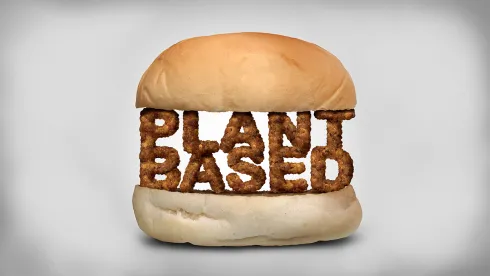By Decree No. 947 of 29 June 2022, (hereinafter the ‘Decree’) France has decided to prohibit the use of names directly or indirectly referring to meat on processed ‘meat-like’ products containing protein of plant origin, with few exceptions.
The new Decree will come into effect on 1st of October 2022 and will cover only processed food products manufactured in France (Article 1 of the Decree). Indeed, products legally manufactured or marketed in another EU Member State or a Country that is part of the European Economic Area are exempted from the new rules (Article 5, ‘mutual recognition principle’). The definition of processed products is provided by Regulation (EC) No. 852/2004 on the hygiene of foodstuffs, Article 2 of which states that they are to be understood as products that have undergone actions that substantially alter them, such as heating, smoking, curing, maturing, drying, marinating, extracting, extruding, or a combination of these processes (lett. m). Conversely, products simply divided, separated, cut, sliced, boned, minced, skinned, ground, chopped, cleaned, trimmed, husked, chilled, frozen, deep-frozen, or thawed are not considered processed (lett. n).
The basis for the new provisions is found in the French Consumer Code (‘Code de la consommation’) where Article L412-10 stipulates: “The names used to designate foodstuffs of animal origin may not be used to describe, market or promote foodstuffs containing vegetable proteins. This provision calls for the adoption of a decree to determine the part of vegetable proteins beyond which this denomination is not possible.” According to the EU food legislation, on the other hand, there is no ban on using meat product names on food produced without meat, since Regulation (EU) No. 1308/2013 establishes a common organization of the markets in agricultural products, which lays down standards for the composition and legal names of foodstuffs, and does not provide rules for meat products as it does for dairy products.
While it is true, therefore, that there is no such explicit prohibition in harmonized EU laws, food labelling and advertising must not be misleading (see Article 7 of Regulation (EU) No. 1169/2011 on food information to consumers), ambiguous, or confusing (Article 36(2)(b) of the same regulation). The new French Decree, then, aims to ensure that French processed foodstuffs containing non-animal proteins do not carry a name set by law (i.e., a ‘legal name’) for products whose compositional standards do not allow for the addition of plant proteins or any other name that explicitly or implicitly refers to animals or products derived therefrom. Even the common names that consumers generally associate with meat products are prohibited (Article 2 of the Decree).
Exceptions to the ban are foreseen. Indeed, the designation of foodstuffs of animal origin may be used for foods that also contain vegetable protein in a maximum percentage established by the Decree (Annex I) or when such presence is provided for by other applicable regulations. For example, the maximum amount of vegetable protein (expressed as dry extract) in a product called ‘bacon’ or ‘sausage’ or ‘ham’ is 0.5 percent (in these cases, the vegetable protein content is derived solely from the seasonings and herbs in the product), while in ‘nuggets’ it is 3.5%. If the designation is ‘omelet’, the maximum content is 0.1 percent.
Another exception is flavorings or food ingredients with flavoring properties used in food products in accordance with Regulation (EC) No. 1334/2008: they can use the ‘reserved’ designation even if they are not of animal origin.
Sanctions for products that do not comply with the Decree can be as high as EUR 1,500 for individuals and EUR 7,500 for legal entities (Article 7).
Lastly, the Decree contains a transitional provision for food products manufactured or labelled before 1 October 2022, which may be marketed until stocks are exhausted and, in any case, until 31 December 2023 (Article 8).



 />i
/>i

